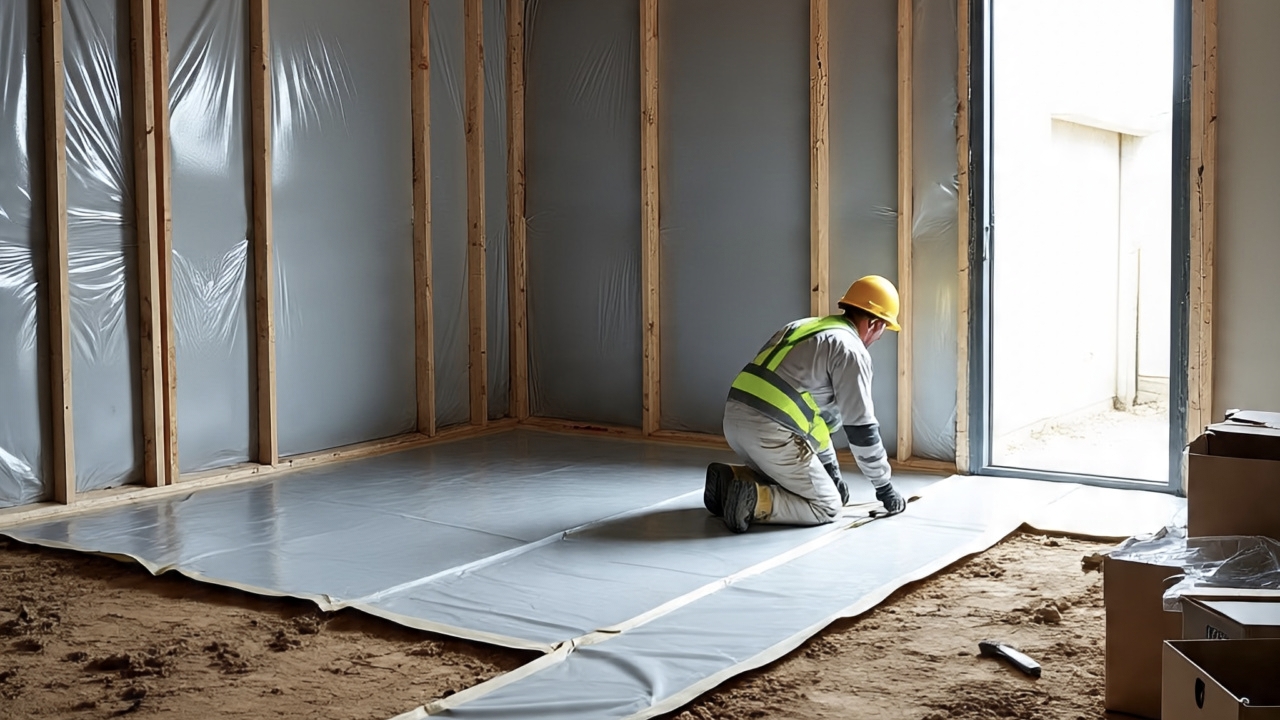Buying land can be a great investment, even when it’s done out of your local state. It can be the first step taken towards getting your dream property, but it’s not without its challenges. Without the right preparation, you could face unexpected costs, legal complications, or even regret the purchase. In today’s article, we’ll talk about the various subjects and factors of investing in land (learn more) that you need to know to make the process smoother and hopefully stress-free.
Understand the Local Market
Before signing anything, it’s essential to research the area where you plan to buy. The different real estate markets can vary widely from state to state and even from one town to another. A property priced low might indicate falling demand or hidden issues.
Ask yourself: How is the local economy doing? Are there upcoming developments or zoning changes in the area? Look into trends in property values, unemployment rates, and population growth. All of this information can help you predict the long-term potential of your purchase.
Use tools like online real estate platforms, local government websites, and realtors in the area for accurate data. It’s also a good idea to join community forums or social media groups where locals discuss issues and news.
Be Clear About Zoning Laws and Restrictions
Not all land is created equally. Some plots are zoned for residential use, while others are for commercial or agricultural purposes. If you plan to build a home or start a business on the land, ensure it’s permitted under local zoning rules.
In addition to zoning, there may also be deed restrictions, which are rules placed on the property by previous owners or legal agreements. These might limit what you can build, the height of structures, or even how you can use the land.
Contact the county zoning office or a local land-use attorney to get a clear understanding of what is—and isn’t—allowed on the property.
Verify Utilities and Infrastructure
Find out more at this site here: https://www.land.law/Utilities-and-Infrastructure
Vacant land doesn’t always come with the conveniences you might expect. For example, is there access to water, electricity, or sewer systems? How close is it to a paved road?
If these kinds of services aren’t available on the property, you could end up spending thousands to have them installed. Well water and septic systems are common solutions for rural land, but they require inspections, permits, and additional costs.
Ask the seller for specific details about utilities and get estimates from local contractors if you’ll need to add anything. Knowing this upfront can help you budget correctly and avoid surprises later.
Visit the Property Before You Buy
Pictures, satellite views, and even research online can only show so much. The best way to get a feel for the land is to visit it in person. Walk the property, check the boundaries, and see what’s around it. You may discover issues that weren’t disclosed, such as drainage problems, unmaintained access roads, or noisy neighbors.
If you can’t visit yourself, consider hiring a local land surveyor or inspector to evaluate the site. They can confirm lot boundaries and inspect for environmental concerns, like flood risks or soil contamination.
Check Land Titles and Legal Records
Never outright assume a seller has the legal right to sell a piece of land. One of the most important steps when buying land is conducting a title search. This process will reveal if there are any liens, unpaid property taxes, or ownership disputes tied to the property.
Work with a title company or real estate attorney to ensure the title is clear. If there are issues, they can guide you through resolving them or advise you to walk away altogether.
Understand State-Specific Rules
Every state has its own property laws. What’s standard in your home state might work very differently elsewhere. For instance, some states require the buyer to hire an attorney, while others don’t.
Educate yourself on both local and out-of-state property taxes, inspection requirements, and other regulations. Working with an out-of-state attorney who practices in the area can give you peace of mind and help avoid misunderstandings.
Plan for Long-Term Responsibilities
Owning land isn’t a “set it and forget it” investment. Even if you don’t plan to develop the property right away, there are ongoing responsibilities to consider. You’ll need to pay property taxes, maintain access roads, and prevent the land from becoming overgrown or hazardous.
Some areas have specific maintenance codes, which could result in fines if you neglect the property. If the land is far from where you live, you might want to hire someone local to help manage it.
Conclusion
Buying land out of state is a big decision that requires careful thought and planning. By researching the market, understanding local laws, and working with the right professionals, you can avoid costly mistakes and make a purchase you’ll feel confident about.
Whether you’re investing, building a home, or starting a project, preparation is key to success. Take your time, ask questions, and don’t rush into anything. Land might be one of the safest investments, but only if you do it the right way.





